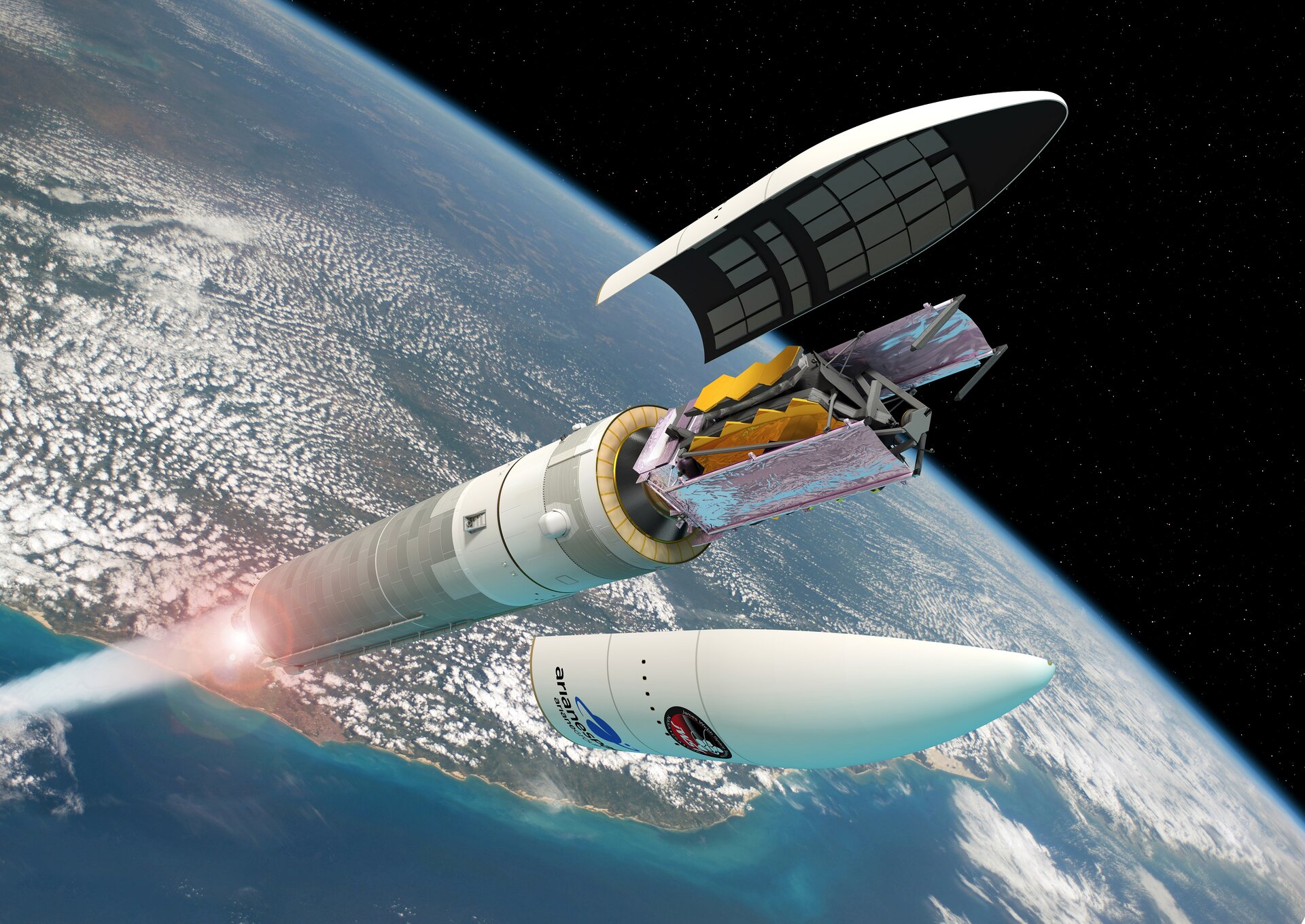GUEST BLOG / By Ashley Stickland, CNN--After years of delays, the Webb telescope is scheduled for launch December 18 from French Guiana. It will study exoplanets in new ways and look deeper into the universe than ever before. Webb will peer into the very atmospheres of exoplanets, some of which are potentially habitable. For those of you who submitted questions about the mission, we've tracked down answers from the experts.
Webb is ready to help us understand the origins of the universe and begin to answer key questions about our existence, such as where we came from and if we're alone in the cosmos. Oh, the places Webb will go! The telescope will look at varied objects, like stars and galaxies in the distant universe and planets in our own solar system, but many associate Webb with exoplanets.
Once it launches, the telescope will undergo months of setup to prepare for taking observations a million miles from Earth. Then, the magic begins. The observatory is slated to look at the TRAPPIST-1 system, which includes seven Earth-size exoplanets orbiting a cool dwarf star about 40 light-years away.
But astronomers are also eager to investigate still other mysterious exoplanets, like those between the sizes of Earth and Neptune. No known planet like this exists in our solar system -- but they are the most common exoplanet in our galaxy.
Now, scientists want to know how they formed. Scientists agree that for humankind, there is likely no Planet B. We must do everything we can to take care of Earth because they say it's the only world for us.
But looking ahead, it's a question astronomers puzzle over: If Planet B exists, what might it be like? Some believe it will be a true Earth twin where life forms in much the same way as it does here. Others hope we'll learn life can form in a variety of ways.
When looking at the diversity of exoplanets around different types of stars, that doesn't seem so far-fetched. And then there is an even more intriguing idea: What if life didn't begin on Earth at all, but somewhere else?
 |
| The Webb Team with the full scale telescope |
WHAT IS TRAPPIST PLANET B? Click here.


No comments:
Post a Comment